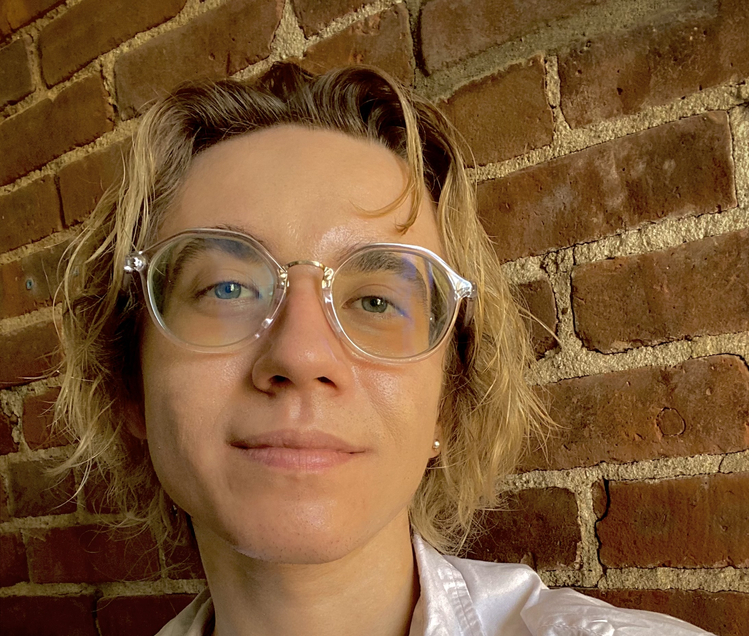
by Michele Kirichanskaya | Sep 7, 2024 | Blog
Page Powars is the author of the forthcoming young adult novels The Borrow a Boyfriend Club and And They Were Roommates. He is based in the New York City area. Outside of writing, Page helps with soundtracks, sobs over The Untamed, and unfortunately plays Genshin...
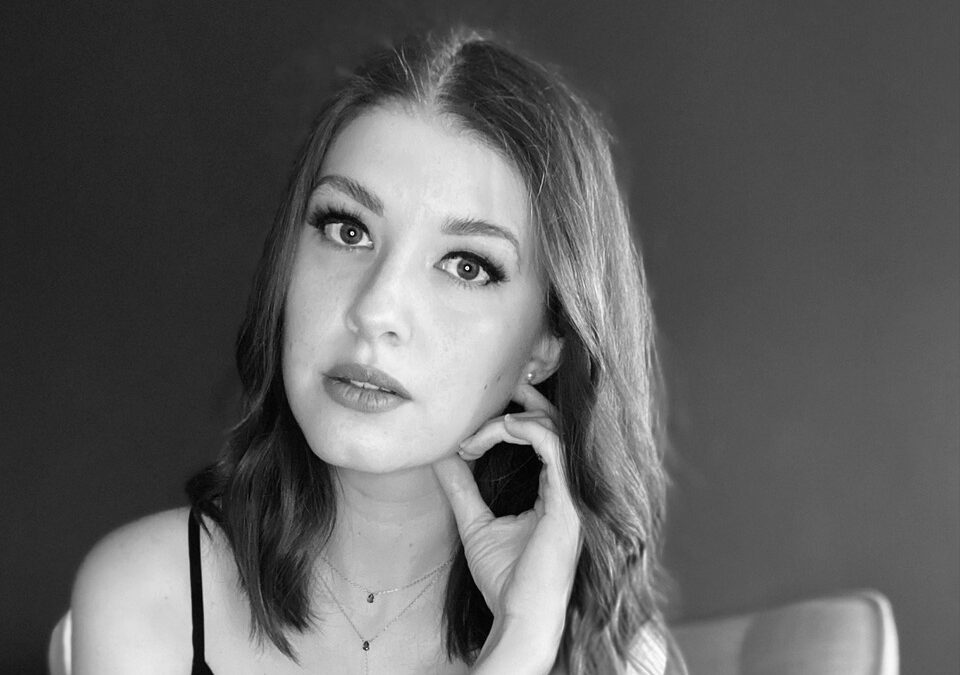
by Michele Kirichanskaya | Jul 17, 2024 | Blog
Kelly Andrew lost her hearing when she was four years old and she’s been dreaming up stories in the silence ever since. Andrew lives in New England with her husband and their two daughters (and a very grouchy Boston Terrier). She has a BSW, but received her Masters in...
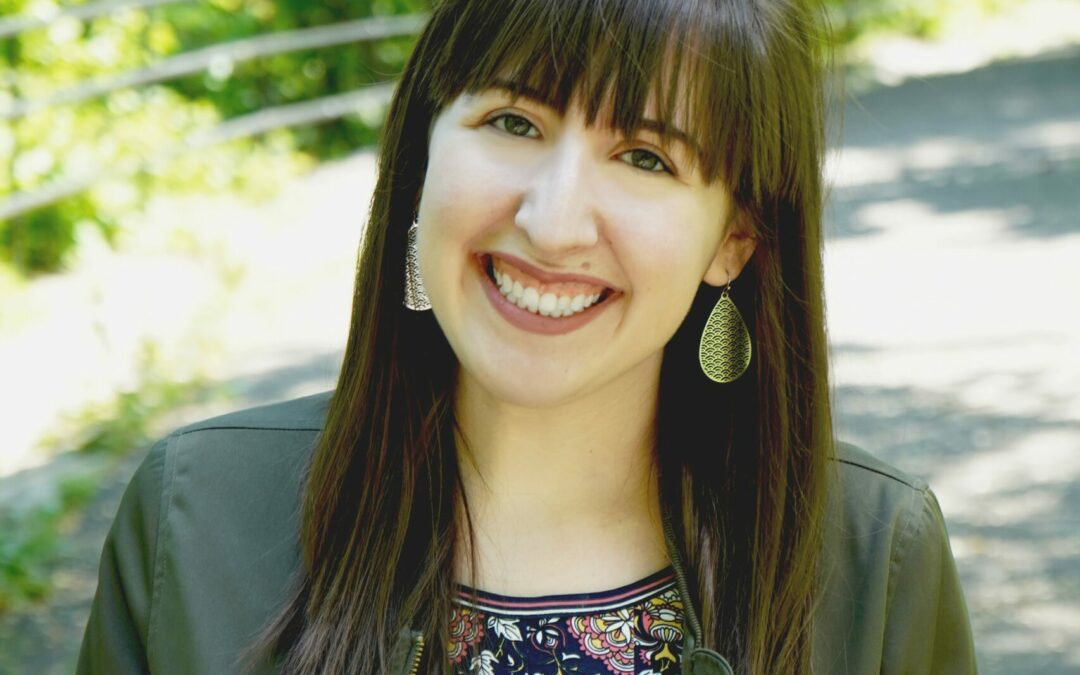
by Michele Kirichanskaya | Jun 12, 2024 | Blog
Marisa Kanter (she/her/hers) is a young adult author, amateur baker, and reality television enthusiast. She is the author of What I Like About You, As If on Cue, and Finally Fitz. Born and raised in the suburbs of Boston, her obsession with books led her to New York...
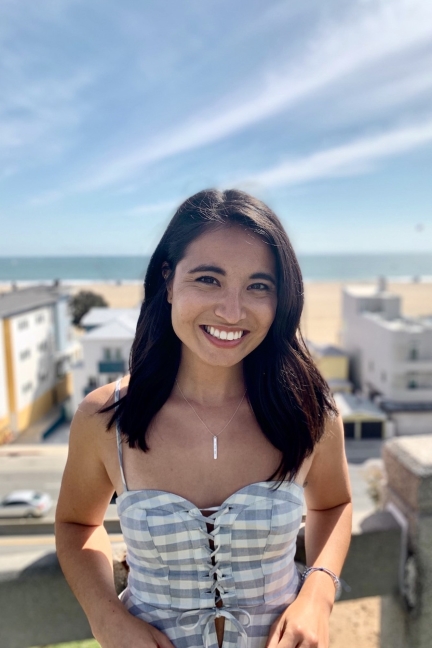
by Michele Kirichanskaya | May 15, 2024 | Blog
Alexene Farol Follmuth is a first-generation American, a romance enthusiast, and a lover and writer of stories. Alexene has penned a number of adult SFF projects under the name Olivie Blake, including the webtoon Clara and the Devil with illustrator Little Chmura and...
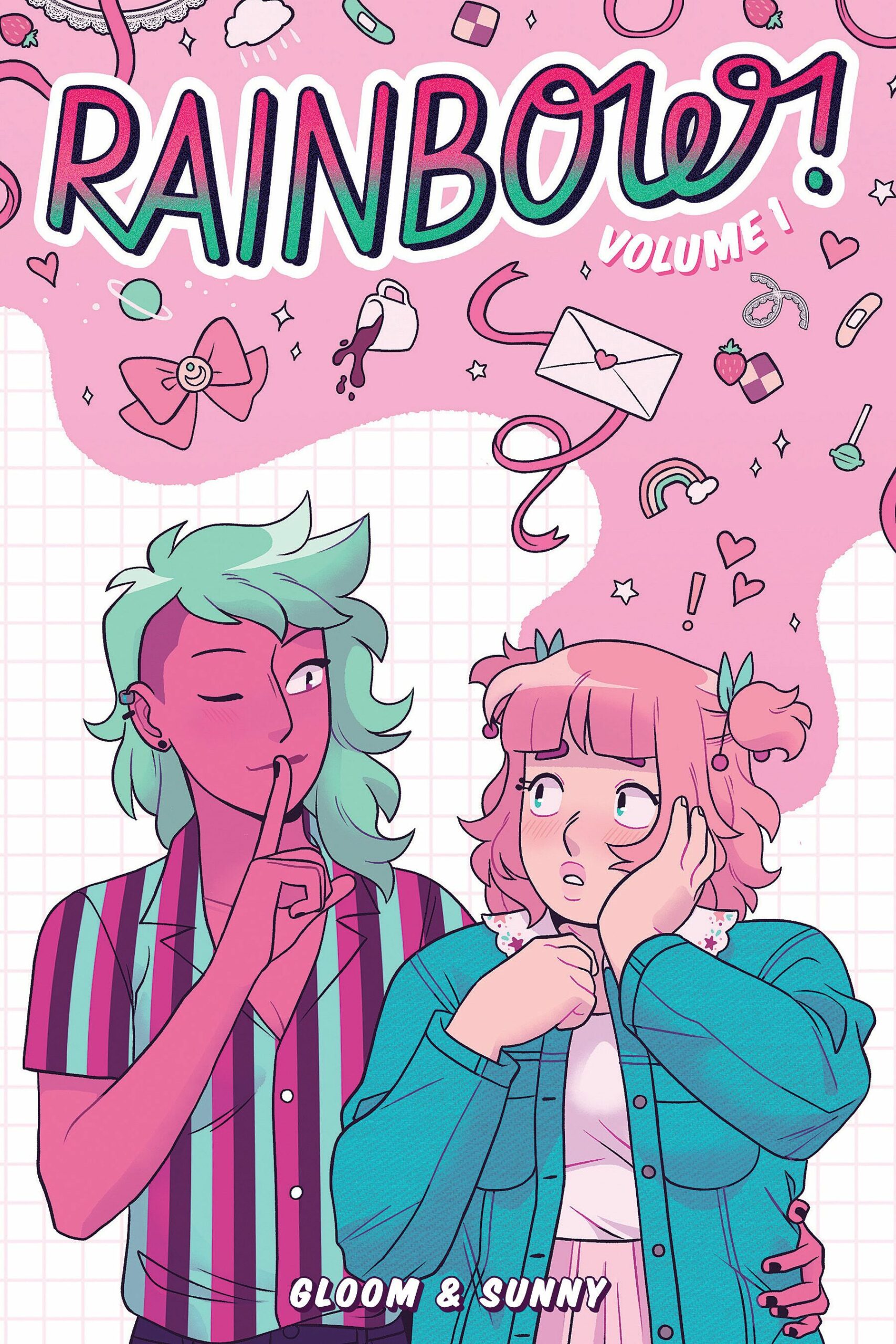
by Michele Kirichanskaya | Mar 6, 2024 | Blog
Sunny Funkhouser Aka Sunny (they/them), is a neurodivergent, queer creator who has been writing ever since they were a teenager. Sunny is autistic with ADHD and likes to collect dolls, make reborn dolls, crochet, act, and sew. They love learning how to do things...






